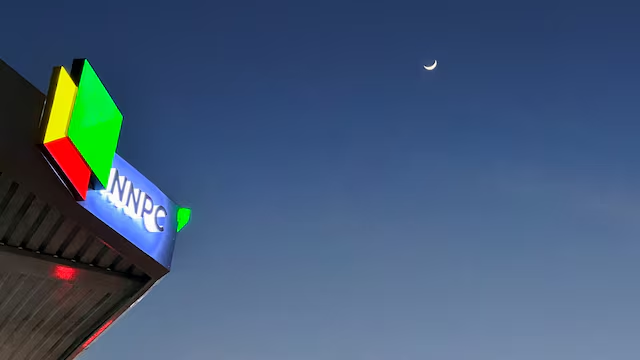ABUJA, Sept 2 (Reuters) - Nigeria's state-oil firm NNPC on Sunday said it is facing financial strain making it unable to import petrol into Africa's most populous nation, that has seen weeks-long fuel scarcity across its retail stations.
The news comes after Nigeria National Petroleum Company Limited (NNPC), the country's sole importer of refined products, in August announced record profits for 2023 but warned that it was covering for shortfalls in government's petrol import bill.
Reuters reported early July that the NNPC's debt to oil traders had surpassed $6 billion, doubling since early April, as the company struggled to cover the gap between fixed pump prices and global fuel costs. The NNPC declined to comment at that time.
It later blamed operational hitches for the long fuel queues.
"This financial strain has placed considerable pressure on the company and poses a threat to the sustainability of fuel supply," NNPC's spokesperson Olufemi Soneye said in a statement late on Sunday.
President Bola Tinubu scrapped a costly but popular subsidy on petrol last year when he took office, to cut government expenditure. But he reintroduced subsidy partly after inflation skyrocketed, worsening a cost of living crisis and stoking tension among the population.
The IMF has said fuel subsidies could cost Nigeria up to 3% of GDP this year as the increases in pump prices have not kept up with their dollar cost.
The West African country expects to likely spend 5.4 trillion naira ($3.7 billion) this year - 50% more than in 2023 - to keep petrol prices fixed, while borrowing to plug gaps in its budget, a draft document had said in June.
"We are actively collaborating with relevant government agencies and other stakeholders to maintain a consistent supply of petroleum products nationwide," the NNPC said.
Get a look at the day ahead in U.S. and global markets with the Morning Bid U.S. newsletter. Sign up here.

